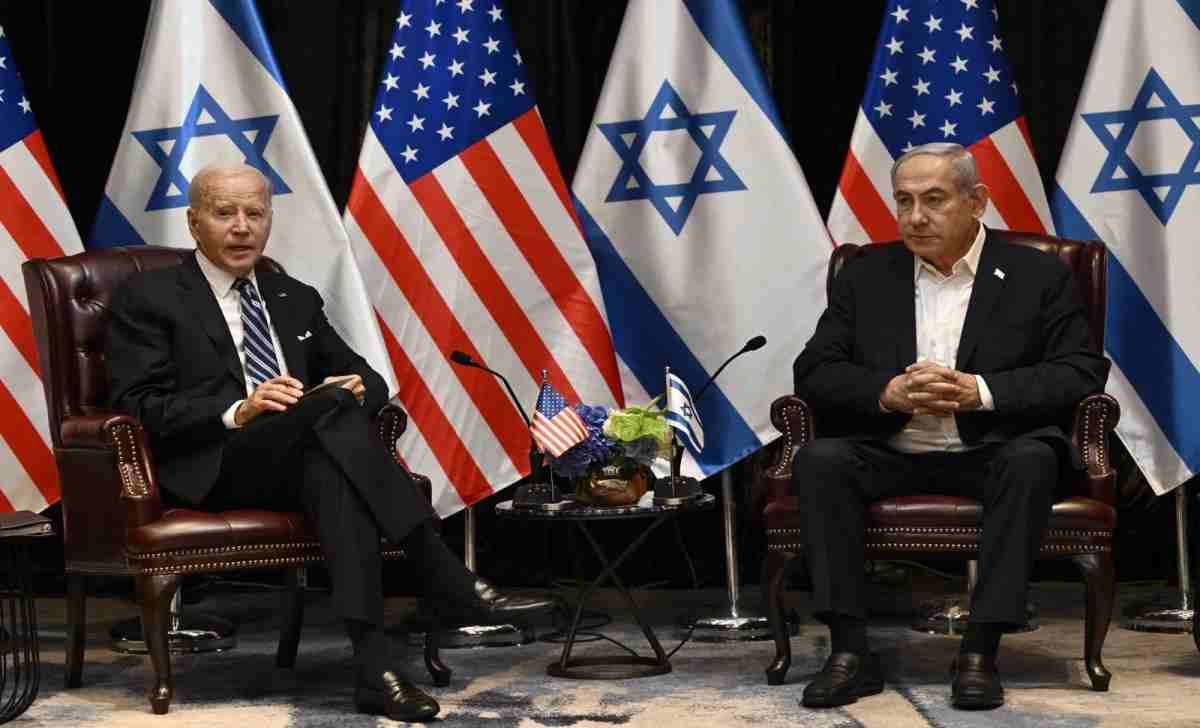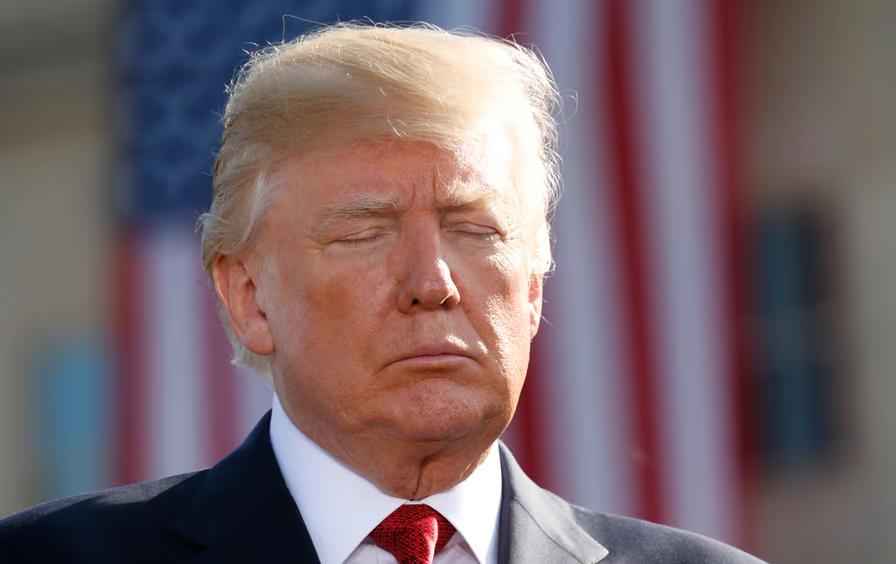What to Expect from Anticipated Biden and Netanyahu's Meeting on Wednesday?
Oct 9, 2024 / GMT+6
U.S. President Joe Biden is expected to discuss with Israeli Prime Minister Benjamin Netanyahu on Wednesday regarding the recent Iranian strike on Israel. This conversation comes as tensions in the Middle East intensify following a major missile assault by Iran, which deployed nearly 200 missiles, raising alarms about a potential wider conflict.
More topics for you...This topic continues below.
China reports record $1.2 trillion trade surplus for 2025, defying Trump's tariffs.
This discussion is significant, as it will be the first direct interaction between Biden and Netanyahu in two months. Their call is expected to cover Israel's retaliation strategy and the broader effects on regional stability. Netanyahu has been engaged in detailed talks with key ministers and military leaders to assess the timing and scale of Israel's response.
President Biden has previously stated that while he supports Israel's right to defend itself, he does not endorse a strike targeted at Iran's nuclear facilities. This stance underscores the delicate balance the U.S. must maintain in its foreign policy, supporting its ally while avoiding actions that could further destabilize the region.
The recent missile attack by Iran was a response to Israel's ground operations against Hezbollah in Lebanon and the death of senior Hezbollah leaders. The attack has led to minor injuries and damage within Israel, despite most missiles being intercepted by Israeli air defenses. The situation has prompted a strong response from Netanyahu, who has vowed that Iran will "pay" for its aggression.
The Biden administration has been closely monitoring the situation, with President Biden issuing a strong warning to Iran and expressing readiness to help Israel defend itself. The U.S. has also been in discussions with G7 leaders to coordinate a unified response to the escalating crisis.
The potential for Israeli strikes on Iran's oil infrastructure has also been a topic of discussion. Such actions could have significant economic implications, as evidenced by the recent rise in oil prices following the missile attack. The Biden administration's stance on this issue remains cautious, with President Biden emphasizing the need for proportional responses.
The upcoming call between Biden and Netanyahu is expected to cover a range of topics, including the potential for further sanctions against Iran and the broader implications for U.S. foreign policy in the Middle East. The conversation will likely be a delicate balancing act, as both leaders navigate the complexities of their respective domestic and international agendas.
For Netanyahu, the call represents an opportunity to secure U.S. support for Israel's actions while addressing concerns about regional stability. For Biden, it is a chance to reaffirm the U.S.'s commitment to its ally while promoting a measured and strategic approach to the crisis.
The outcome of this conversation could have far-reaching implications for the Middle East, influencing the progress of the Israeli-Iranian conflict and shaping the future of U.S. foreign policy in the region.







